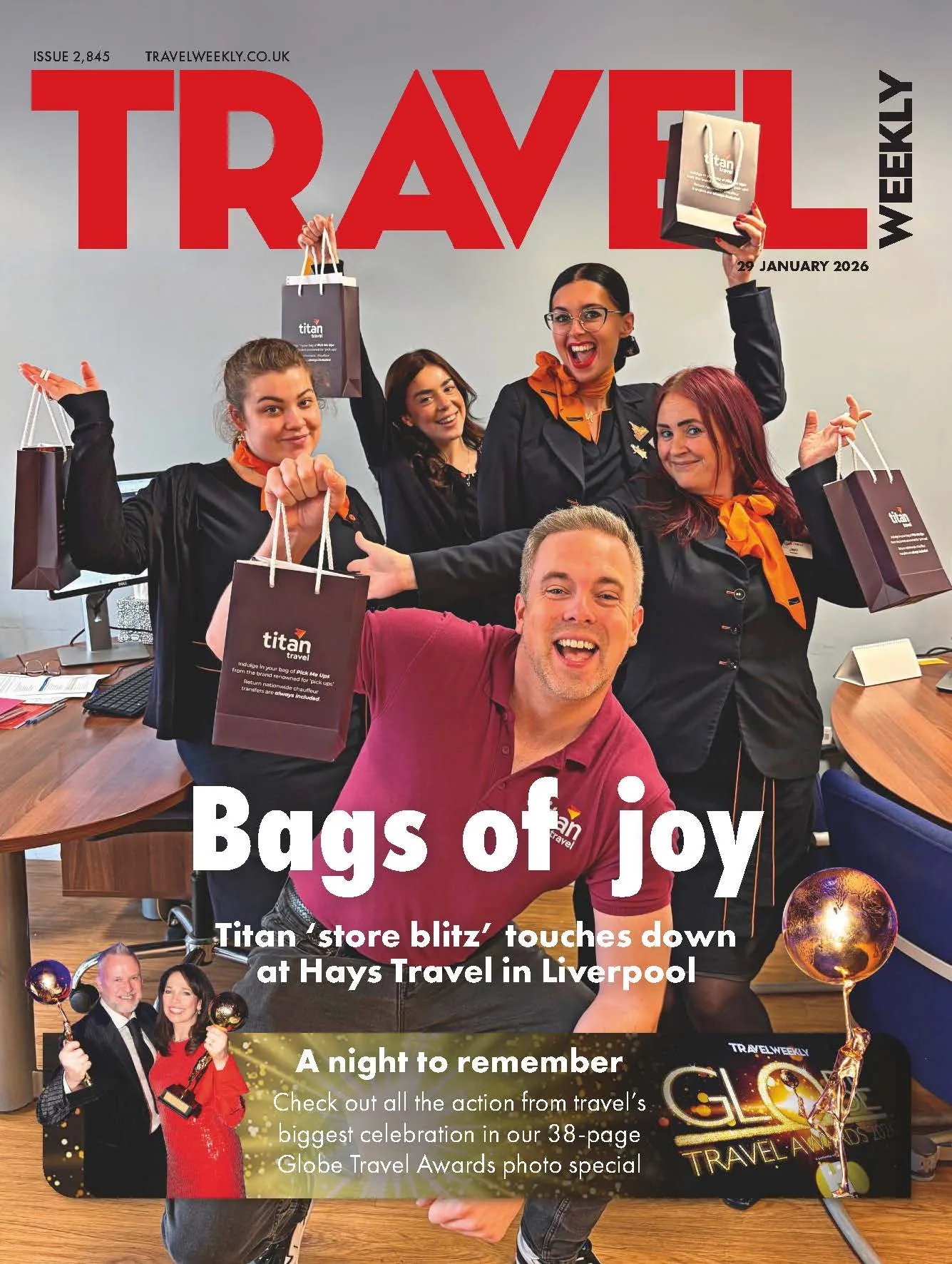You are viewing 1 of your 2 free articles
Comment: There is more than one way to view the rise of the machines
I’ve always believed, throughout my career, that it is the mindset you adopt and how you look at life that matters. You can choose to be positive or negative; you can make the conscious decision to see and harness an opportunity or to see an insurmountable challenge.
I always remember, as a marketing student at the start of my career, being told a story about the importance of mindset in business. Many years ago, the story went, a large corporate shoe manufacturer sent two sales reps out to remote parts of the African continent to see if they could rustle up some business. Some time later, the company received messages from each agent.
The first message said: “Disappointing news. There’s no business here, the locals don’t wear shoes.” The second message said: “There’s a great opportunity here, the locals don’t wear shoes.”
More: Comment: Are you ready for the ChatGPT revolution?
AI could give travel specialists ‘competitive advantage’
Comment: A new era of AI in travel
It’s a simplistic story, but so true of the two mindsets you see racing to the fore when people discuss artificial intelligence (AI) and the impact it will have on the travel industry.
I was reminded of this story when reading a recent report by technology company Yahoo!, which had asked ChatGPT, the AI chatbot that seems to be the main topic around most dinner tables these days, to predict the 10 professions it would replace within the next few years. Travel agent featured prominently on its list. Scarily, the technology itself was predicting that it would replace the travel agent.
Testing the tech
When I first became aware of ChatGPT, I immediately checked it out – I had been advised that my own profession of PR and marketing would be wiped out by AI. As I explored the system, I set it a challenge to see if it could replace tasks I normally do. At the time, I was about to moderate a travel industry conference and had to have an opening address ready, along with a series of quite technical questions for a panel I would be moderating.
ChatGPT will only get better, yet the most powerful intelligence is the emotional kind – that is agents’ secret weapon
I made a simple request to the technology asking it to write my questions and the introduction. Within minutes I had an opening address and 10 questions in front of me. The introduction it had written was a little clunky, but the questions were very good. They were the type I would have come up with myself, although I would have taken longer than a couple of minutes to compile them.
I was conscious at that moment that there were two ways to respond to this revelation. I could be resigned to the fact this technology would kill off my profession, or that here was an opportunity to achieve more in less time, if harnessed correctly.
Lacking human touch
A few nights later I was moderating a debate with travel professionals on the very subject of ChatGPT. The somewhat heated views from the floor ranged from “We’re all doomed” to a King Canute?like “It’ll never replace true travel experts”.
I took hope from that last sentiment: AI will never replace travel experts. But I realised I was coming at it from a different angle. The folk saying agents were unlikely to be impacted were looking at the tech today, seeing flaws that meant it couldn’t emulate a travel expert.
But ChatGPT and its like are in their infancy. They will only get better at each stage of development, and will progress not gradually but in leaps and bounds.
So, why am I confident that AI will not replace travel agents? It’s because of the very fact that we are human, and although AI can do automation I doubt it will do human anytime soon.
The most powerful intelligence is the emotional kind: the ability to read between the lines; to read body language and tone of voice; to offer empathy and humour, urgency or calm.
If the pandemic taught us anything, it’s that when the chips are down, non-human OTAs and websites are shirked by the public for the reassurance of actual travel agents. The latter’s secret weapon is their ability to connect on a human level.
As author Mary Renault said: “There is only one kind of shock worse than the totally unexpected: the expected for which one has refused to prepare.”
More: Comment: Are you ready for the ChatGPT revolution?
AI could give travel specialists ‘competitive advantage’


















